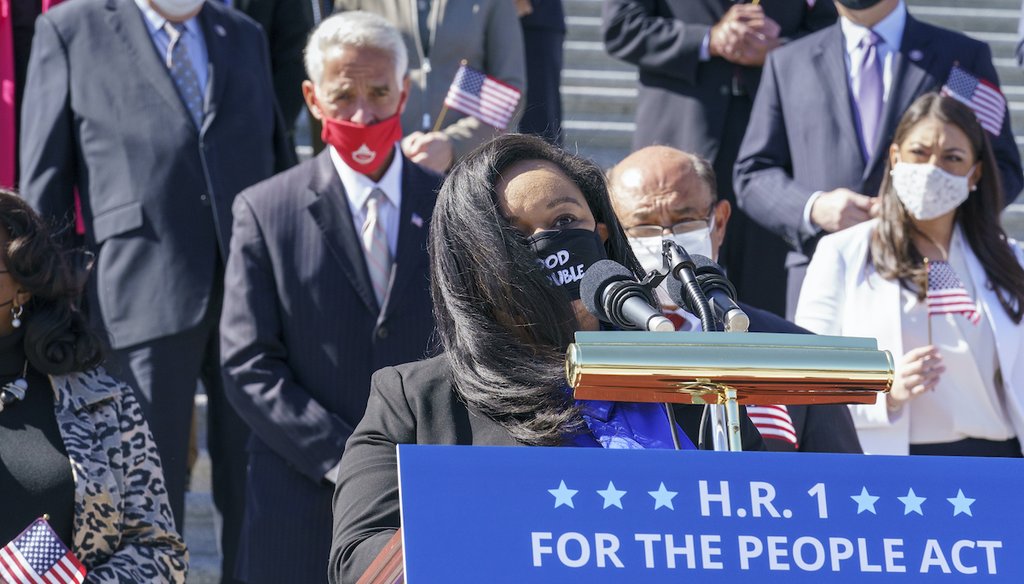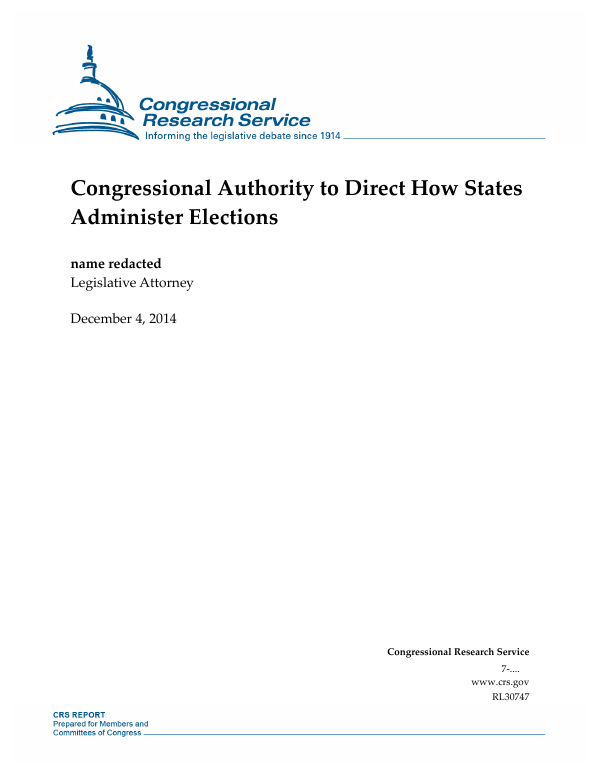I find the supremacy clause a bit suspect, simply because the enumerated powers declared exactly what the federal government was allowed to do, anything beyond that was left to the states, and to the people.Supremacy Clause
Primary tabs
See Preemption; constitutional clauses.
Article VI, Paragraph 2 of the U.S. Constitution is commonly referred to as the Supremacy Clause. It establishes that the federal constitution, and federal law generally, take precedence over state laws, and even state constitutions. It prohibits states from interfering with the federal government's exercise of its constitutional powers, and from assuming any functions that are exclusively entrusted to the federal government.
So, the supremacy clause either vetos the enumerated powers, and allows congress to violate the constitution from time to time, or, perhaps the supremacy clause has a different meaning or is related to something else?
Thoughts?





